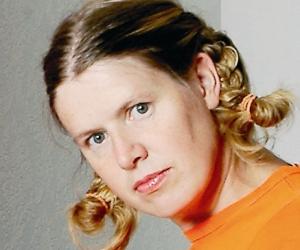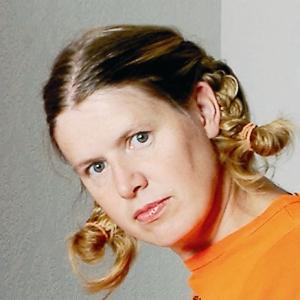
 Speaker
SpeakerSince graduating from the Hogeschool voor de Kunsten in Arnhem in 1991 and the Royal College of Art in London in 1995, Ineke Hans’s work has evolved in many ways, acquiring the identity most clearly of a designer, with the impulses of a sculptor and the industrial experience needed to define products with a commercial life.
She worked for three years for HABITAT UK on their mass-produced furniture and product collections, and in 1998 started to work from Holland. Here she founded her studio INEKE HANS/ARNHEM, working with a few assistants on events, interiors, furniture and products. Alongside this she still designs her own collections, which she presents internationally.
From the beginning her work has been based on a strong belief in the magical power of products and environments on our imagination and behaviour. "Perceptiveness about the connections between people and objects is a fundamental prerequisite for a furniture designer", she explains.
Her work investigates the psychological roots of products, perceiving and playing with the interaction between people and objects. It centres around the pictogram and archetype, and draws on the images stored in the back of our minds from earliest childhood as a collective consciousness. These images enable us to put one and two together, and fantasise about the potential use of unknown objects and situations.
Function and utility are very often a starting point for her work and in her early, sometimes robust furniture – such as Seven Chairs in Seven Days (1995) and Under Cover Chairs (1997) – she discovered the essence and origins of their functional type, combining in their design an associative power and archetypical clarity. Her designs – both mass produced and one-offs – share a toy-like quality, counterbalanced by a sober, down-to-earthn tone. All speaking as strong characters, her work reminds us, like a gentle tap on the shoulder, that furniture has to function, not just as a physical support, but also in your mind.
